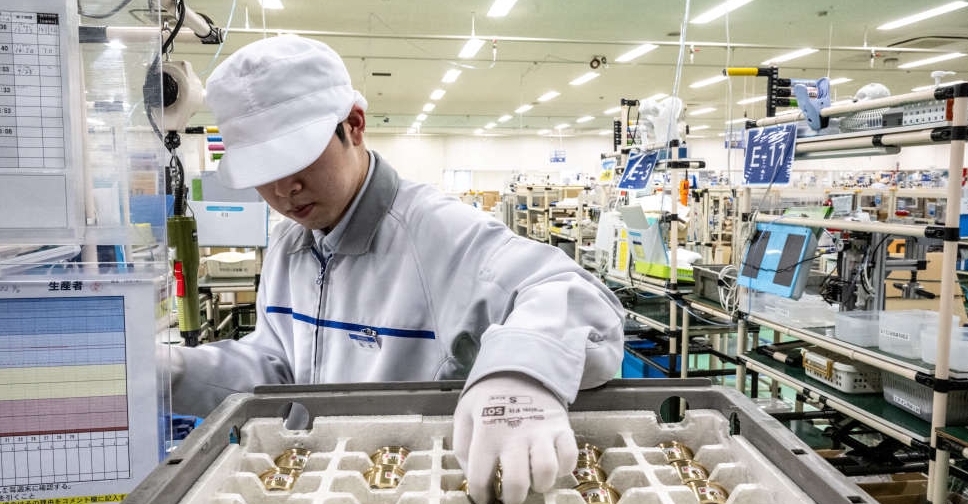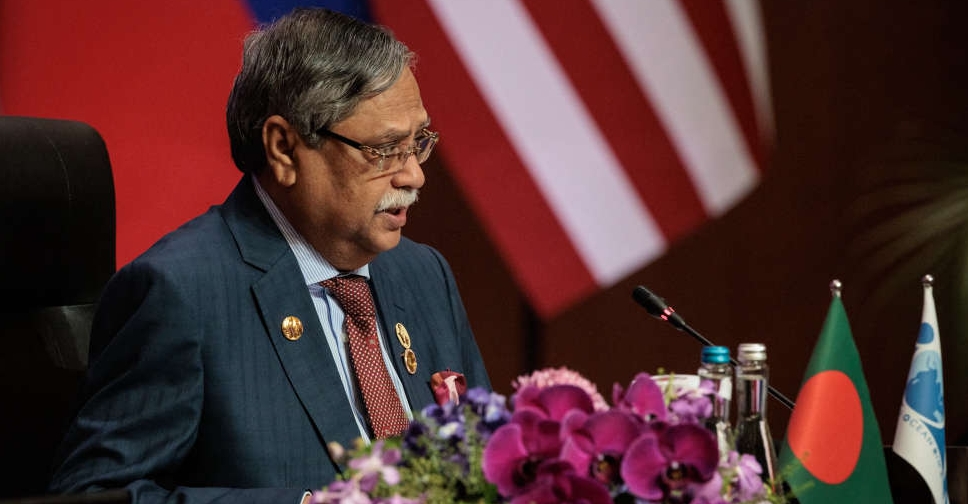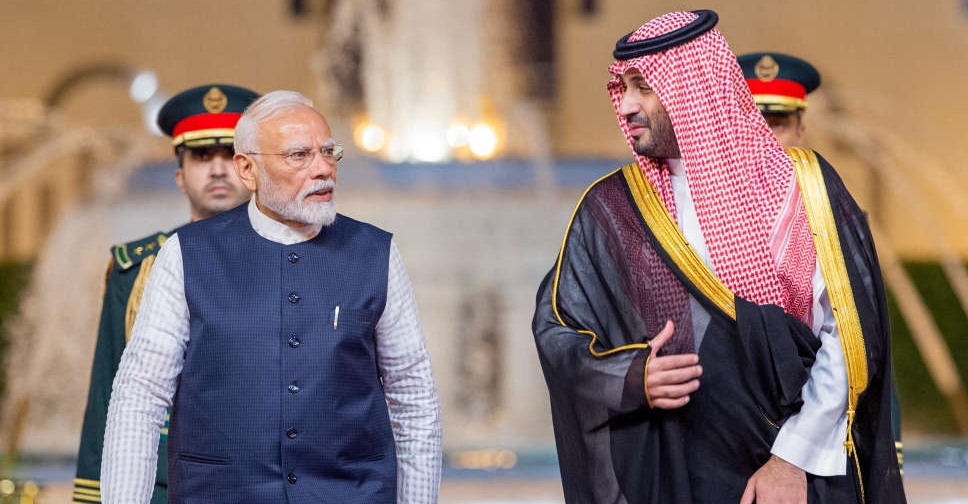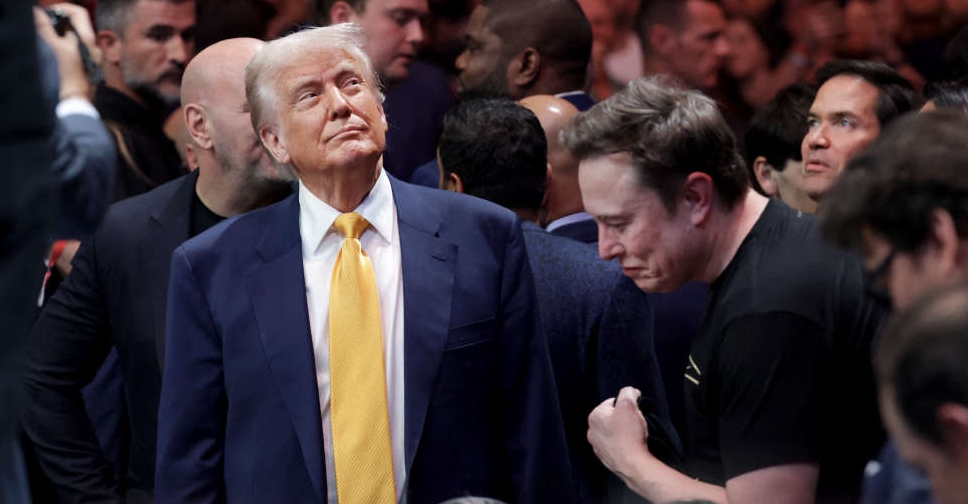
Japan's Prime Minister Shigeru Ishiba on Friday said the government has compiled an emergency economic package to alleviate any impact on industries and households from new US import tariffs.
The package includes support for corporate financing as well as subsidies to lower gasoline prices by 10 yen ($0.07) a litre and partially cover electricity bills for three months from July, a government document showed.
To help small and mid-sized companies more vulnerable to economic swings, a larger scope of firms will be eligible for low-interest loans extended by government-backed banks.
"I have instructed cabinet members to make the utmost efforts to aid firms and households that have been worried about tariff impact," Ishiba said at a tariff task force meeting.
Tariffs could have a significant effect on industries that support the economy such as automobiles and steel, he said.
The government will consider additional measures to boost domestic consumption depending on the impact of US tariffs on Japan's massive automotive industry.
Friday's package could be financed by a reserve fund, eliminating the need to compile an extra budget, said economy minister Ryosei Akazawa.
US President Donald Trump on April 2 introduced a 25 per cent tariff on car and truck imports. He also announced a 24 per cent tariff on all Japanese goods, later cutting that to 10 per cent for 90 days.
Akazawa, who serves as Japan's top trade negotiator, will visit Washington next week for a second round of trade talks.
The Nikkei business daily reported on Thursday that Japan is considering increasing soybean imports from the US as part of negotiations.
Hiroshi Moriyama, a ruling Liberal Democratic Party heavyweight, told reporters on Friday evening that increasing soybean and corn imports from the US would be possible as Japan has limited capacity to produce them domestically.
But Moriyama, the party's secretary general, stressed that farm products should not be sacrificed in the tariff negotiations with the United States, in apparent protest against a reported plan to expand rice imports from the US.
He and some other LDP lawmakers submitted a request to Agriculture Minister Taku Eto that farm products should not be used as a bargaining chip to win concessions over tariffs on autos and other industrial products.



 Bangladesh, World Bank sign $850 million deal to boost jobs, trade
Bangladesh, World Bank sign $850 million deal to boost jobs, trade
 Saudi Arabia, India agree to boost cooperation in energy and defence
Saudi Arabia, India agree to boost cooperation in energy and defence
 Musk, facing criticism and falling Tesla sales, to cut back DOGE work
Musk, facing criticism and falling Tesla sales, to cut back DOGE work
 Dubai strengthens tech leadership with AED 2 billion data centre
Dubai strengthens tech leadership with AED 2 billion data centre
 200 BYD electric cars to be added to Dubai taxi fleet
200 BYD electric cars to be added to Dubai taxi fleet



